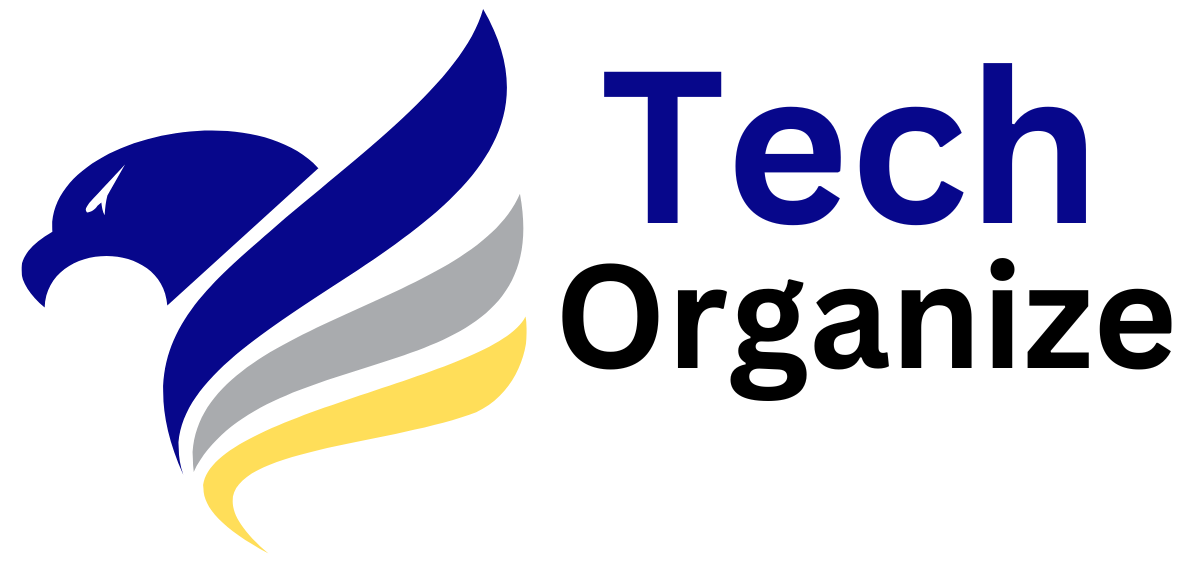From July 1, the energy performance diagnosis (DPE) will undergo changes for houses of 40 m² or less. More precisely, the method of calculating the energy label, which classifies the house from “A” (very efficient) to “G” (very energetic), will be adjusted. This modification will allow some of these small houses to no longer be classified as “energy crisis”.
The DPE carried out between July 1, 2021 and July 1, 2024 for these housing units will be able to benefit from a document attesting to the new energy label. This new label can be downloaded from the website of the Ecological Transition Agency (Ademe).
2. Rising gas prices
The Energy Regulatory Commission (CRE) announced an increase of 11.7% in the average price of gas in July compared to June. The average reference price will be €129.20 including tax per megawatt-hour (MWh), compared to €142.70/MWh in June. In billing terms, this equates to about 13 cents per kilowatt hour (KWh) in July. Despite this increase, the price remains 3.5% lower than the average level on January 1, 2024.
According to CRE, the annual bill including tax for a residential customer with an offer indexed to this “reference price” would be €1,184 at the July price, compared to €1,060 in June and €1,227 in January.
This development is mainly the result of the application of the new rate for natural gas distribution networks and the increase in wholesale prices of natural gas.
3. The regulation of “shrinkflation”
To counter “shrinkflation” (or “reduflation” in French), large and medium-sized stores should now clearly see “the upward trend in the prices of consumer products that have suffered a decrease in quantity”.
The Ministry of the Economy defines “redflation” as “commercial practices that have the effect of masking the reduction of quantities of certain products while at the same time their prices are maintained, or even increased”.
Although legal, this practice is widely criticized because it prevents consumers from easily perceiving the price increase in the purchase. This is why the legislation changes for medium and large stores: consumers must be informed of changes in quantity and price. “Specifically, a poster must, for example, be located near the product when its quantity decreases and its price remains unchanged or increases”, specifies the ministry. The poster should state: “For this product, the quantity sold has increased by
4. The insurance “attack” tax increases
Every insurance premium, be it car or home, includes a tax, known as “attachment”. According to Le Parisien, this will increase by 60 cents for all contracts. Its price thus increases from 5.90 to 6.50 euros per year.
These few cents should make it possible to release an additional 60 million euros for the Guarantee Fund for Victims of Acts of Terrorism and Other Crimes (FGTI). This fund is extended to victims of common law offenses (murders, rapes and sexual assaults, etc.).
5. A new savings plan for those under 21
Reserved for under 21s, the future climate savings plan (PEAC) is launched this July 1st. It can be opened for your child from birth, and money can be withdrawn only from the age of 18. Only condition: a minimum lock-in period of five years. At the end of this blocking period, it will be possible to “make partial withdrawals at any time”.

